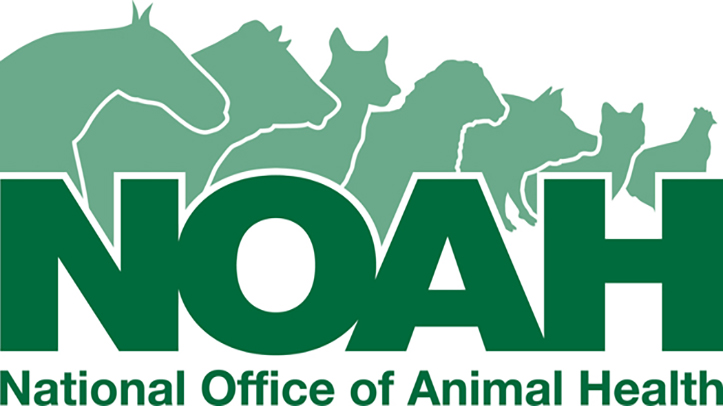NOAH said its new Livestock Vaccination Guideline provides support to vets, SQPs and farmers, to help improve the health and welfare of UK sheep and cattle and support farm resilience and sustainable improvements in productivity.
The new NOAH guideline brings together current veterinary clinical experience and research to demonstrate a proactive, best practice approach to vaccination in the dairy, beef and sheep sectors.
The guideline encourages discussion between vets and farmers to help them apply effective vaccination strategies on farm, catalysing change to ensure that the benefits from livestock vaccination are realised.
At the launch of the guideline Dawn Howard, chief executive of NOAH, along with the authors of the guidance, Jonathan Statham, Fiona Lovatt and Joe Henry, discussed the importance of an effective livestock vaccination strategy, and how vaccines must be utilised to their best advantage to keep our animals and ourselves, healthy.
Mrs Howard said: “Prevention of disease is at the heart of NOAH’s vision for animal health and welfare in UK farming and our Livestock Vaccination Guideline aims to ensure that those who make decisions about animal health and vaccination across the industry and on the farm have access to best practice guidance.
“We are focusing on priority diseases and those conditions where increased uptake of vaccination can make a real difference to the level of disease across animal populations.”
She continued: “This will not only help improve health and welfare on individual farms but also help raise health and welfare levels across the whole country, meaning UK farming will be better equipped to provide safe, high-quality and nutritious food, while also delivering the environmental benefits from healthier animals.
“Livestock vaccination can be complex, but provides huge benefits, not just for animal health and welfare, but also has a positive impact on food, economic and job security in the UK. Having the right tools, medicines and technology to provide adequate prevention, diagnostics, monitoring and treatment has never been more important.”
Mrs Howard thanked Jonathan Statham, Fiona Lovatt and Joe Henry for their extensive work in bringing together the insight and expertise needed for this comprehensive document.
The NOAH guideline can be viewed HERE.


